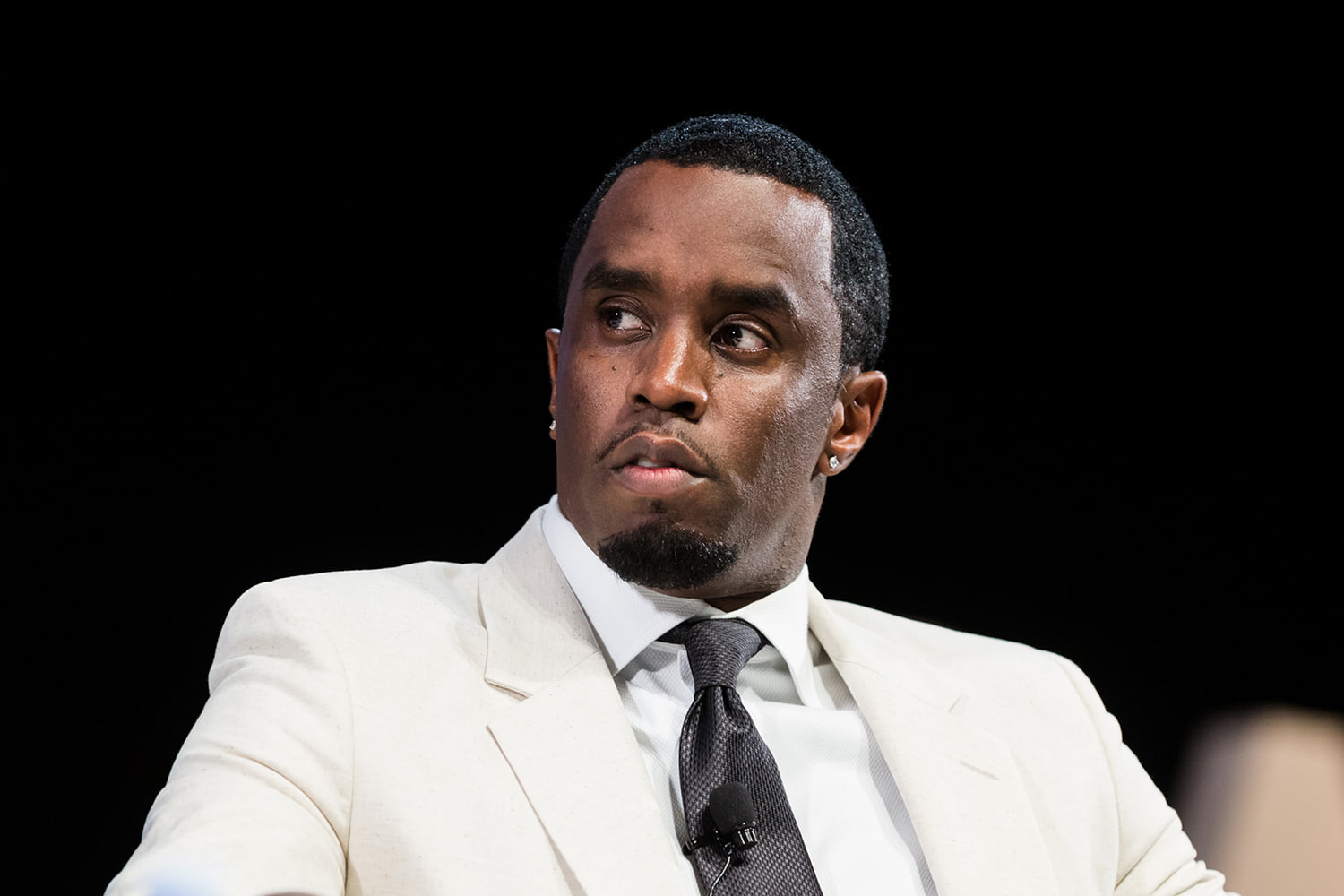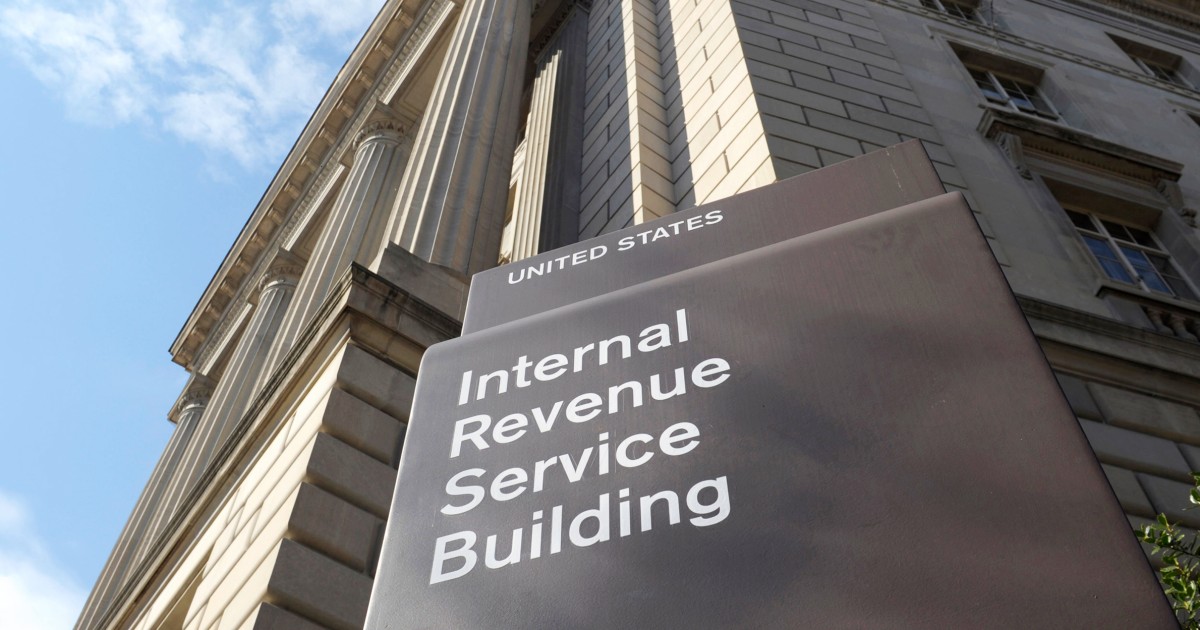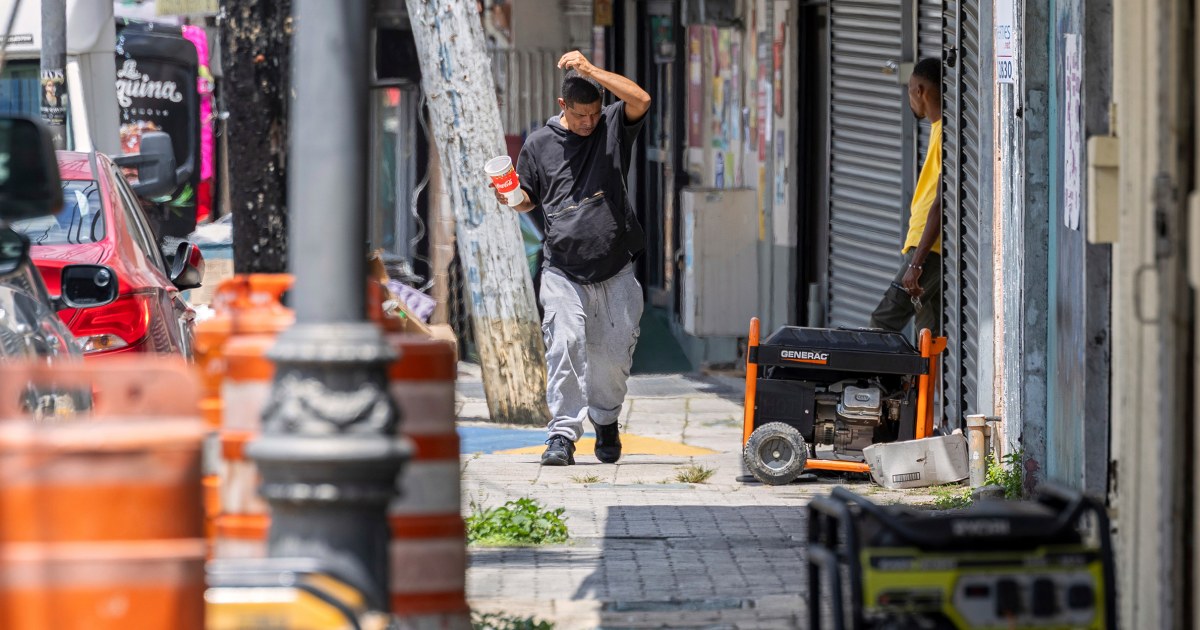
This is a free newsletter for Diddy on Trial newsletter subscribers. Sign up to get exclusive reporting and analysis throughout the trial.
Hello from 30 Rockefeller Plaza in New York.
Diddy’s criminal trial is set to begin with jury selection in 24 days, when this newsletter will move downtown to a federal courtroom in the Southern District of New York. If you have any questions or requests, drop us a line at diddyontrial@nbcuni.com.
In today’s edition of Diddy on Trial, I survey the now-disgraced music mogul’s 30-year career and vast cultural influence — a legacy tarnished by the allegations against him, which he has long denied. Plus, Chloe Melas gives us a window into the hip-hop mogul’s state of mind. But first, here’s a look at some developments in the trial.
- Diddy faces two additional charges of sex trafficking and transportation to engage in prostitution, according to an updated indictment filed April 3. He’ll be arraigned on the new charges April 25.
- Prosecutors accuse Diddy of a haunting act: dangling someone over a balcony. It’s an allegation that’s strikingly similar to an encounter alleged in separate lawsuits filed by two women. Janelle Griffith took a closer look.
- Diddy’s lawyers asked a judge to prevent a clinical psychologist from testifying as an expert witness for the prosecution, arguing that Dawn Hughes’ testimony is “advocacy masquerading as expertise.”
Was this newsletter forwarded to you? Sign up here.
The view from Diddy’s camp
By Chloe Melas
If convicted of the racketeering charge, Diddy could face up to life in prison. As the trial bears down on him, the gravity of the situation is setting in, those close to him say.
“He’s trying to remain hopeful but the realization that he could spend the rest of his life behind bars has really hit him.”
— Source close to Diddy
Another source told me Diddy misses his family. “He really misses his kids. They visit him every week,” the source said.
Here’s why Diddy was such a big deal
By Daniel Arkin
The world of hip-hop is filled with self-styled moguls and tastemakers. But there was a time when one man lorded over all the rest — Sean “Diddy” Combs.
In the 1990s and 2000s, few personalities swaggered through the music industry quite like Diddy. In his decades in the public eye, Diddy established himself as a multihyphenate cultural force, building an empire that has now come crashing down amid allegations of sexual abuse and misconduct.
Diddy founded the era-defining Bad Boy Records in 1993 and cultivated the talents of Mary J. Blige, Usher and the Notorious B.I.G. He was their producer and one-man hype machine. In the recording studio, Diddy seamlessly blended rap lyrics with catchy R&B samples, creating a new stylistic template for a generation of artists.
He then pivoted to performing in his own right, pumping out popular tracks such as “I’ll Be Missing You,” “Bump, Bump, Bump” and “Shake Ya Tailfeather.” He topped the Billboard charts, racked up 14 career Grammy nominations, and earned a reputation as a savvy hitmaker. Diddy, driven by keen commercial instincts, helped push hip-hop firmly into the American mainstream.
Diddy was not content with simply conquering entertainment. He cemented himself as a global lifestyle brand, launching ventures almost as often as he changed his stage name.
He spearheaded the successful clothing label Sean John in 1998. He became “brand ambassador” for the liquor company Cîroc. He presided over annual “White Parties” in the Hamptons. He elevated trendy streetwear into symbols of aspirational luxury.
“He was an absolute curator of Black taste,” said Gerrick Kennedy, a freelance cultural critic who has covered Diddy for years. “He had his finger on the pulse.”
Diddy was no stranger to allegations of violence, too. In the decades before he became the focal point of a sweeping federal investigation, he faced legal action or settlement payments more than four dozen times, according to court documents reviewed by NBC News.
Yet, through it all, he remained one of hip-hop’s pre-eminent kingmakers — wealthy, powerful and feared.
But that’s all changed. Diddy is now just another inmate at the Metropolitan Detention Center in Brooklyn, where he is awaiting the start of his trial. The allegations and charges against him have become inextricable parts of his public legacy. No matter the outcome of the trial, Diddy’s time at the pinnacle of his profession is all but over.








